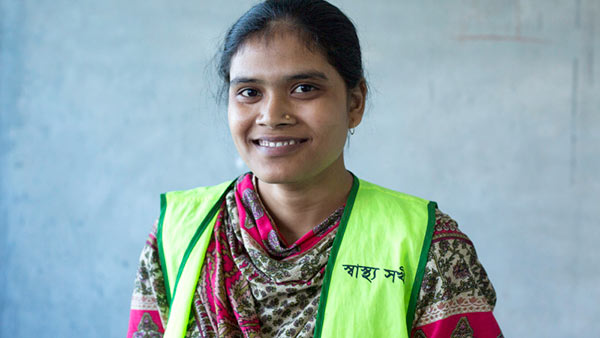Women working in global supply chains, many of whom are young and undereducated migrants, have limited health knowledge and often lack access to critical health services and products.
Myths and misconceptions, especially stigmas around reproductive health, lead to unhealthy or dangerous behavior. Consequently, low-income women have been found to suffer from anemia and increased exposure to various illnesses, including sexually transmitted and other communicable diseases such as HIV/AIDS, hepatitis B, and tuberculosis.



